
July 8, 2025
Zhuoyue New Energy announced on the evening of July 8 that it plans to invest RMB 700 million of self-raised funds in a bioenergy…
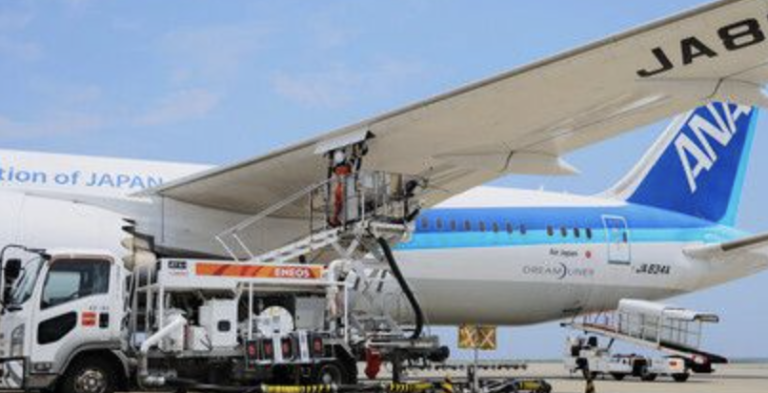
July 8, 2025
On July 8, All Nippon Airways (ANA), Japan Airlines (JAL), and engineering firm JGC Holdings Corp. held a ceremony at Tokyo’s Haneda Airport to…
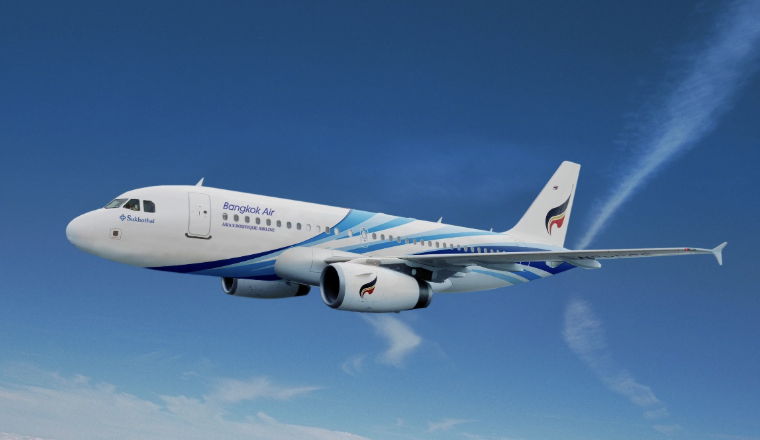
July 5, 2025
On July 1, Bangkok Airways announced the continued expansion of its “Fly Net Zero with Bangkok Airways” initiative by formally incorporating Sustainable Aviation Fuel…
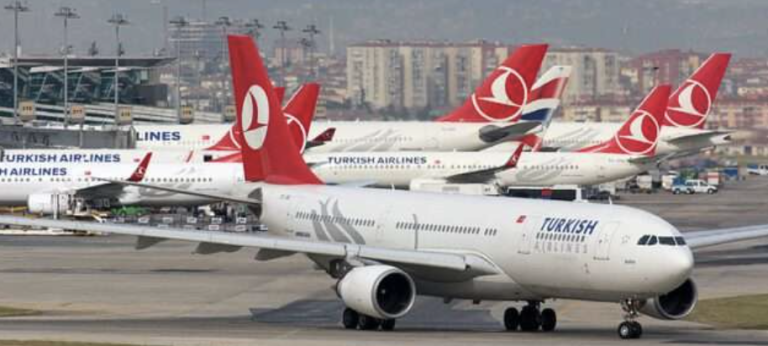
July 5, 2025
According to Turkey’s Aawsat news outlet, the country is considering implementing a mandatory 5% sustainable aviation fuel (SAF) blending requirement by 2030. To support…
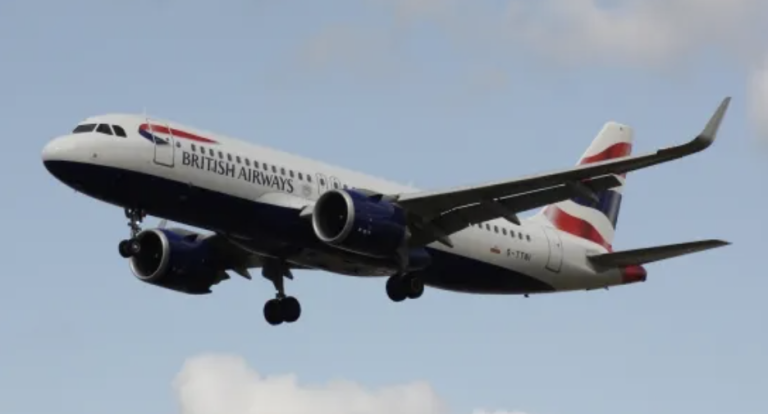
July 2, 2025
British Airways has become the first airline to utilize sustainable aviation fuel (SAF) produced at commercial scale in the UK, marking a major milestone…
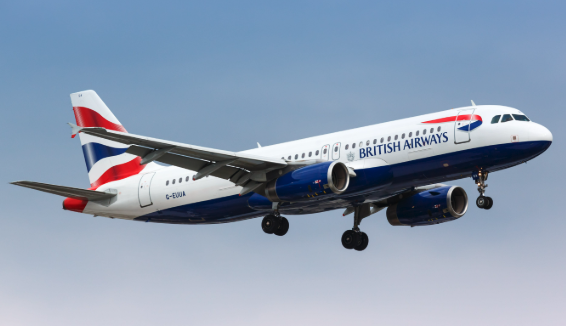
July 1, 2025
EcoCeres announced in Hong Kong that it has signed a multi-year agreement to supply sustainable aviation fuel (SAF) to British Airways. This strategic partnership…
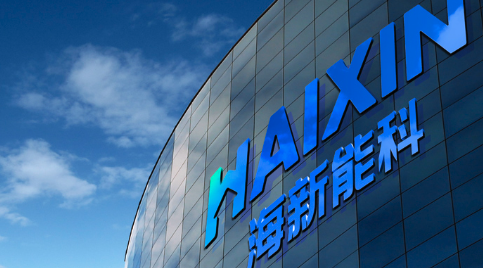
June 23, 2025
On June 20, Haixin Energy held a launch event for its Sustainable Aviation Fuel (SAF) product, part of its 200,000-ton/year biodiesel isomerization project, in…
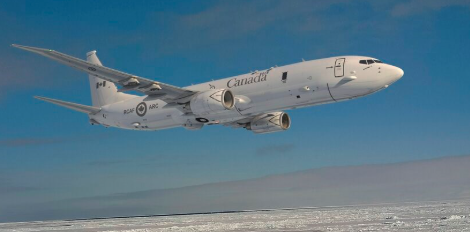
June 23, 2025
According to a report by the UK’s GreenAir News, Amsterdam-based sustainable aviation fuel (SAF) supplier SkyNRG stated in its newly released 2025 SAF Market…
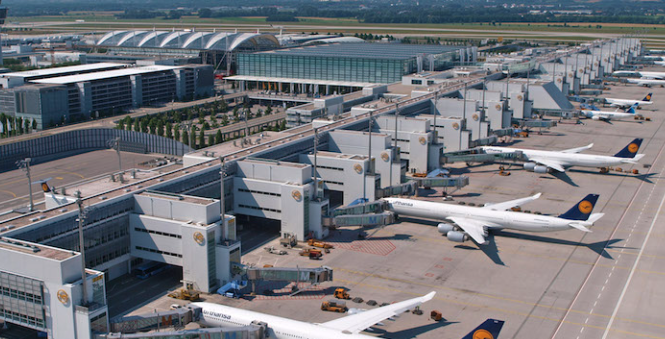
June 19, 2025
TMD Energy and its subsidiaries, headquartered in Malaysia and Singapore, are integrated marine fueling service providers engaged in ship-to-ship (STS) marine fuel transfers, vessel…
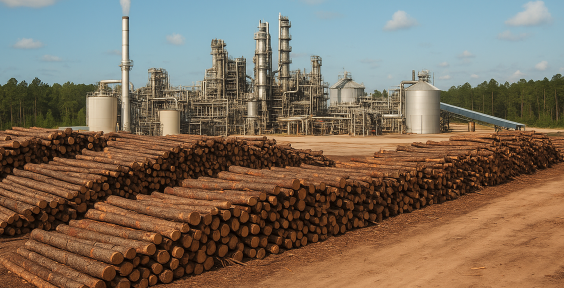
June 11, 2025
On June 9, U.S. BioEnergy announced the signing of a memorandum of understanding with LP Building Solutions to establish a 20-year sustainable wood fiber…










